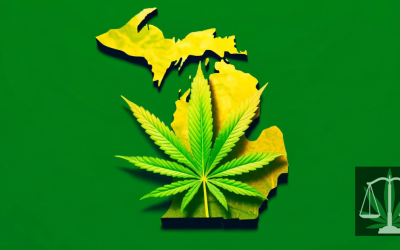Laws regarding marijuana are constantly changing, with some states legalizing use for medical or recreational purposes. Whether you’re a medical patient looking for information on your rights and treatments, or simply curious about what the law has to say about cannabis, this guide will provide an overview of marijuana laws across the United States.
Your Comprehensive Guide to Becoming a Licensed Cannabis Caregiver in Michigan
The state of Michigan has a well-established medical marijuana program, allowing for the legal cultivation and...



